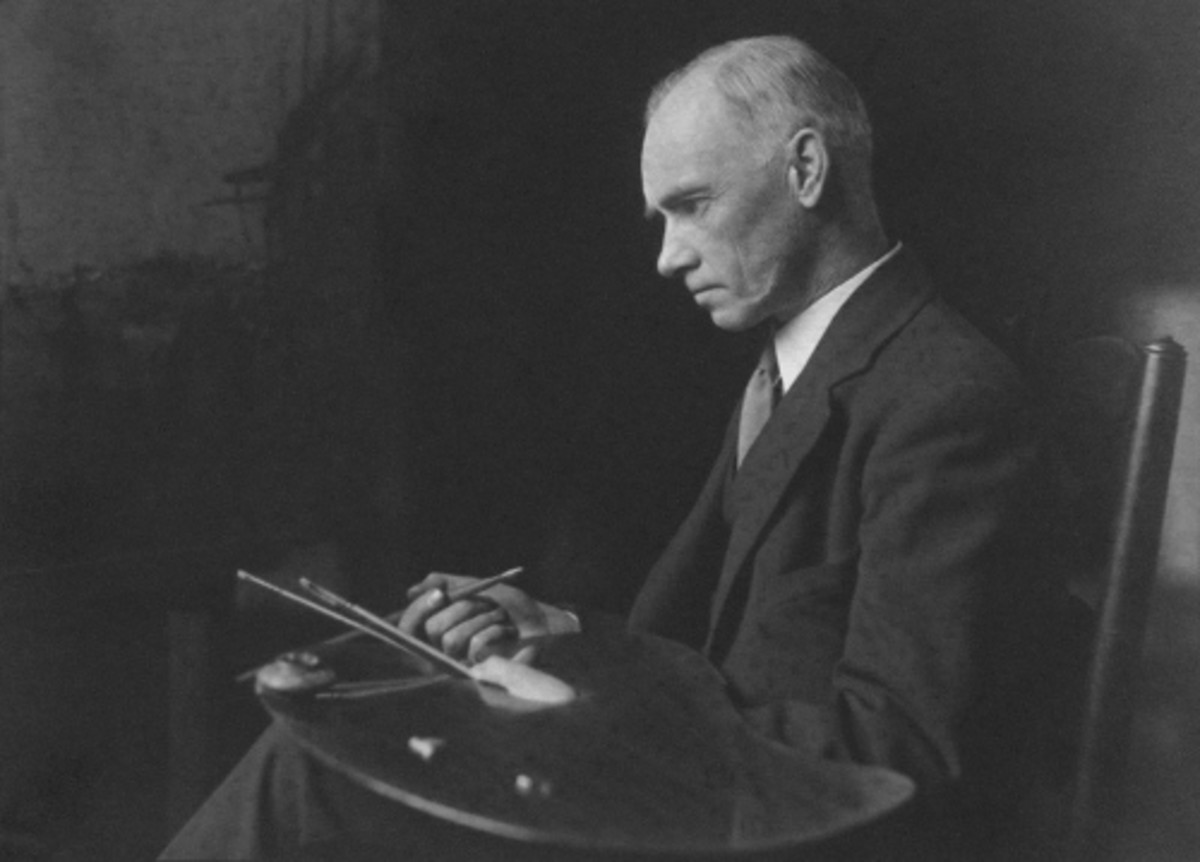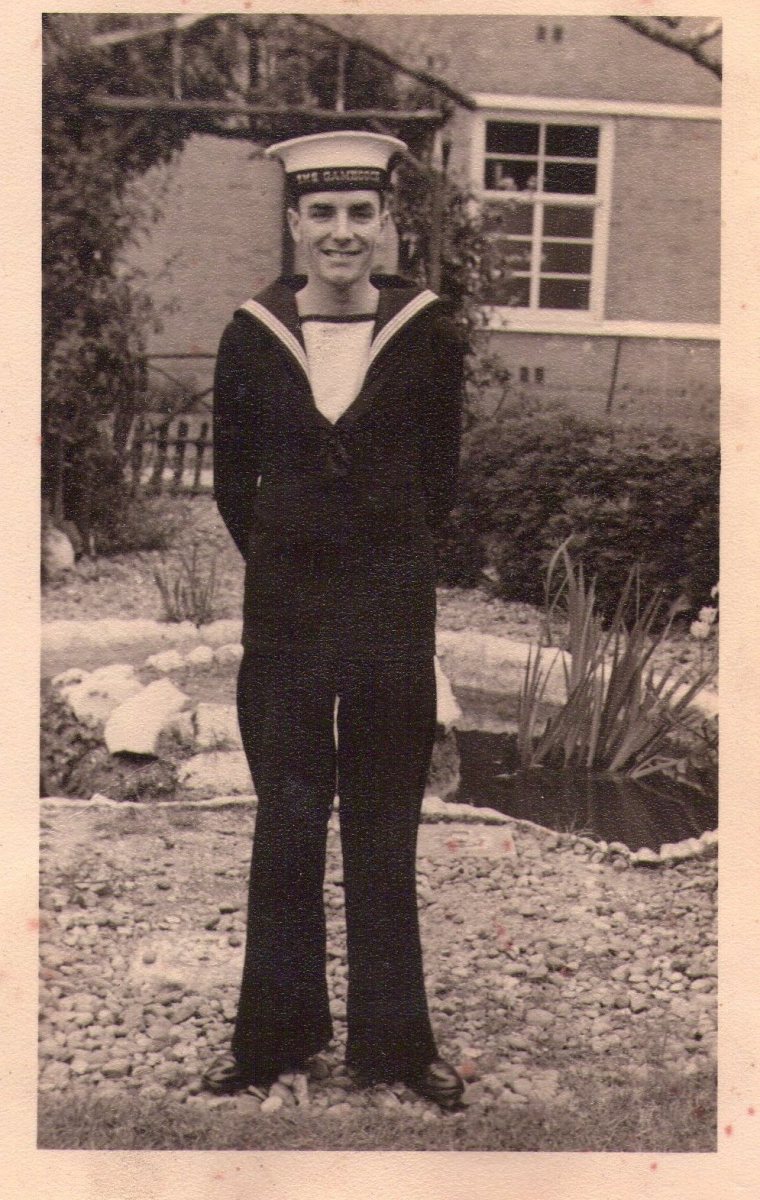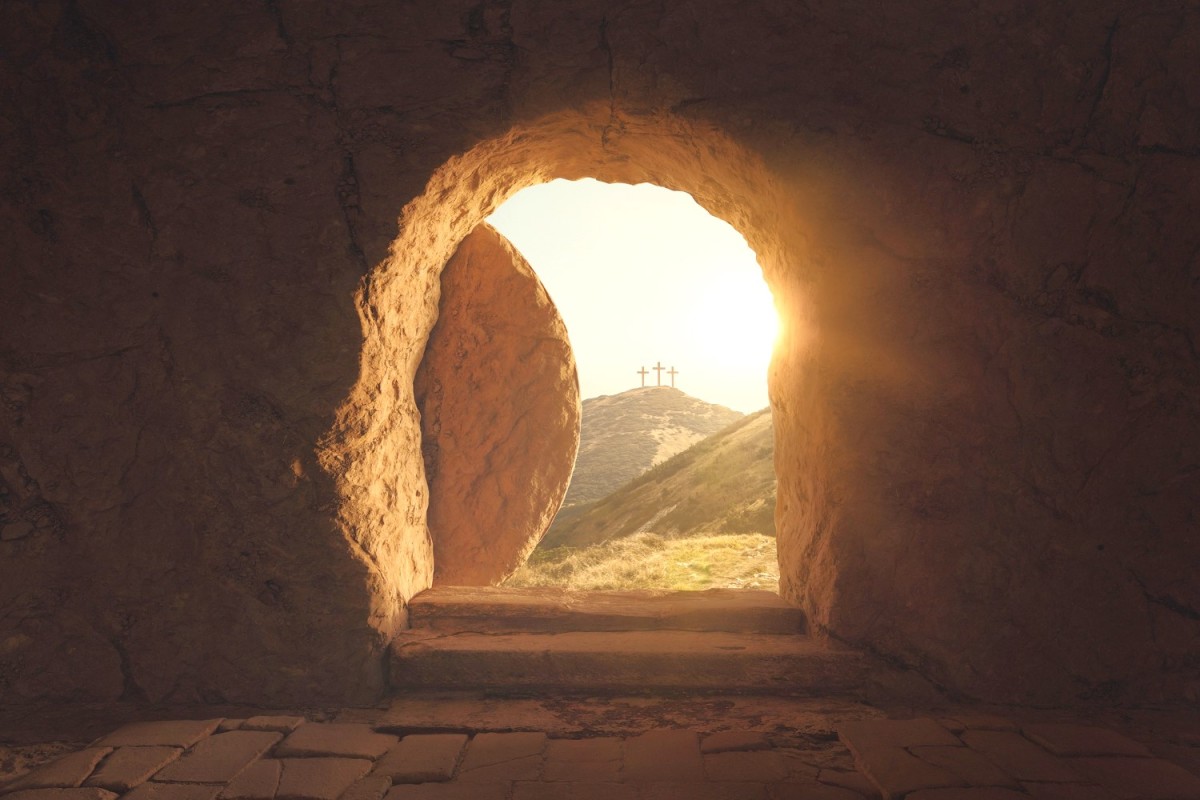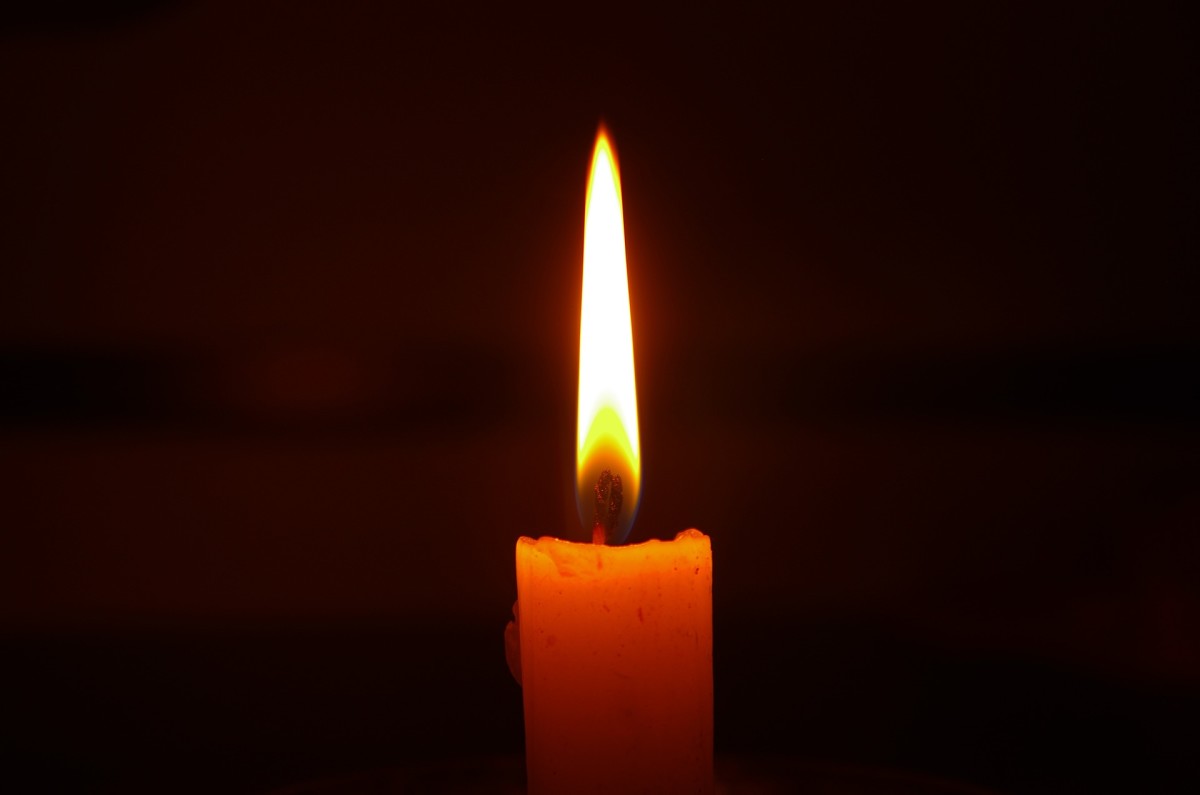A Vocal Duet of "Sweet Hour of Prayer", Arranged by Daniel Carter
Sweet Hour of Prayer Music Video
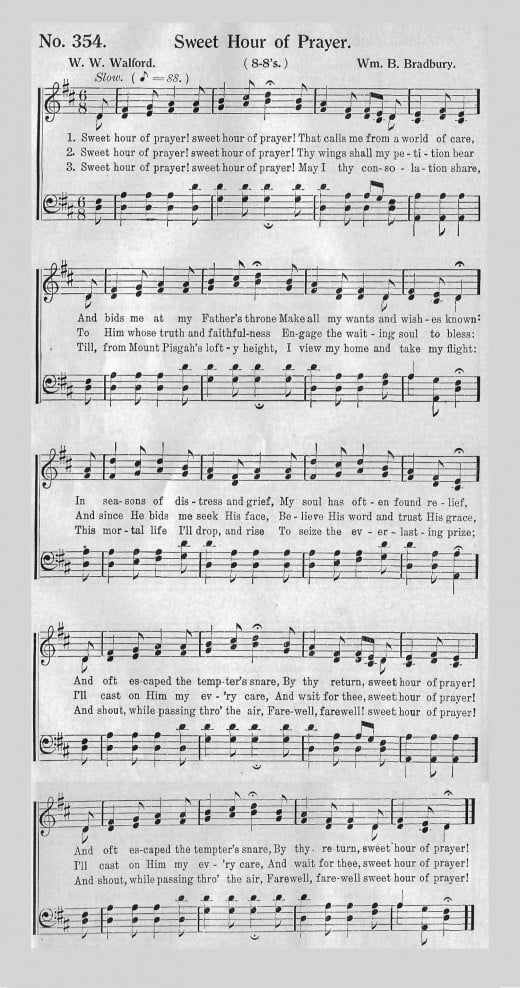
Words by William W. Walford and Music by William B. Bradbury
Sweet hour of prayer! sweet hour of prayer!
That calls me from a world of care,
And bids me at my Father’s throne
Make all my wants and wishes known.
In seasons of distress and grief,
My soul has often found relief
And oft escaped the tempter’s snare
By thy return, sweet hour of prayer!
Sweet hour of prayer! sweet hour of prayer!
The joys I feel, the bliss I share,
Of those whose anxious spirits burn
With strong desires for thy return!
With such I hasten to the place
Where God my Savior shows His face,
And gladly take my station there,
And wait for thee, sweet hour of prayer!
Sweet hour of prayer! sweet hour of prayer!
Thy wings shall my petition bear
To Him whose truth and faithfulness
Engage the waiting soul to bless.
And since He bids me seek His face,
Believe His Word and trust His grace,
I’ll cast on Him my every care,
And wait for thee, sweet hour of prayer!
Sweet hour of prayer! sweet hour of prayer!
May I thy consolation share,
Till, from Mount Pisgah’s lofty height,
I view my home and take my flight:
This robe of flesh I’ll drop and rise
To seize the everlasting prize;
And shout, while passing through the air,
“Farewell, farewell, sweet hour of prayer!”
Oddly the hymnbook I had when I wrote this arrangement only had two verses, the first and third. I have no idea why the other verses weren't include.
Order Sheet Music at This Link
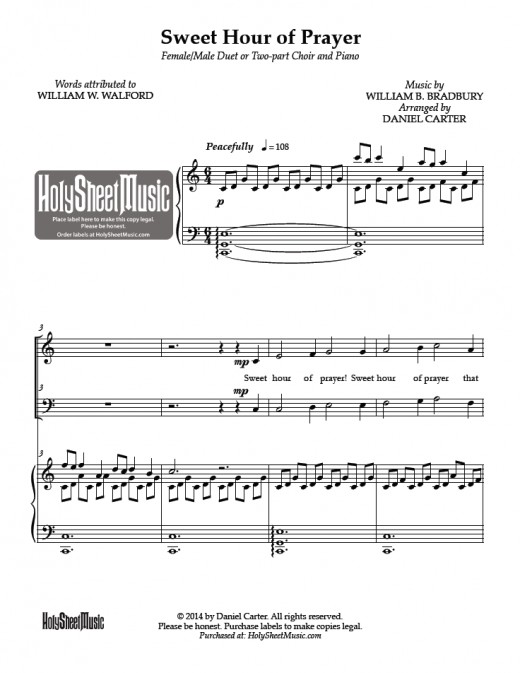
The Arrangement and Recording
I was a junior in high school when I met Eric Bjarnson. Eric had just graduated from university and taught one school year at Caldwell High School, located in Caldwell, Idaho—my hometown. He was my Spanish teacher. Eric studied linguistics, and after teaching only that year, he went on to receive his Ph.D at Indiana University. Not only was he brilliant at learning languages fluently in a matter of a few weeks, he was also raised in a remarkably talented and musical home. His parents and most of his siblings were fabulous singers. His sister, Anna, is still very active in musical circles around San Diego, California. She is a local legend.
My memories of hearing Eric sing for the first time are still very vivid. I was deeply moved. I wanted to write music for Eric to sing. When I heard he and his sister Anna sing a duet the first time, I was overwhelmed at the beauty of what I heard. They were a major influence in my decision to study music.
I wrote a duet version of Sweet Hour of Prayer around 1986 just after graduating Brigham Young University in Provo, Utah. Eric and his family settled in the area, and we reestablished contact. As a result, we have worked together on musical projects ever since. Wanting to record my arrangement for family and friends at that time, I waited till Anna came to visit from San Diego. I gathered up my two favorite singers and we recorded the demo you listened to in a small studio. I accompanied them. We recorded the arrangement around 1987, when I was just 32 years old.
I remember well trying to get used to mics and headphones while trying to perform flawlessly. Eric was frustrated because we all kept telling him he was too close to the mic, but couldn't hear it himself until he heard the playback. I was nervous and kept making mistakes. We learned a lot and enjoyed the process. We still love performing and collaborating together. I look back at the memories with them as some of my favorite.
It's Hard to Predict Whether Or Not You've Written a Hit
My arrangement of Sweet Hour of Prayer sat around in a dusty file drawer for a long time—almost two decades. I'm glad that it is now published and available, and that interest in it seems to be very positive. As a composer, you have a rough idea of how something you write might be accepted based on past experiences, but I'm continually surprised that each piece I compose or arrange really takes on a life of its own. I seem to have little control of that process. Knowing how to market your works can have a great impact, but if you haven't composed and published something that speaks to people, not even the best marketing will make up for the lack of a great composition. Lucky for me, Sweet Hour of Prayer is a great composition to start creating my arrangement.
I have found that some pieces I didn't predict doing well seem to go far and wide, sometimes throughout the world, translated in several languages. My experience is that a simple, universal message usually reaches many, many people, often more than we can realize until years later. The most unusual thing to me is that some pieces can sit around for a very long time—even decades—and then perhaps because of relevant issues, and hot topics they capture interest in a wild fire of events, gaining attention and performances.
The idea of a slow timetable for gaining popularity actually has some relevance in regard to the history of Sweet Hour of Prayer. After words were penned and tune composed, the hymn gained favor and notoriety only slowly and steadily for several years.
The Author, William W. Walford
In 1845, William W. Walford (1772–1850) authored the poem Sweet Hour of Prayer. Walford was blind, and depended on others to write his lines of poetry. The poem was written down and published in The New York Observer, September 13, 1845, with an explanation of how it came to be by Reverend Thomas Salmon (1800–1854):
During my residence at Coleshill, Warwickshire, England, I became acquainted with W. W. Walford, the blind preacher, a man of obscure birth and connections and no education, but of strong mind and most retentive memory. In the pulpit he never failed to select a lesson well adapted to his subject, giving chapter and verse with unerring precision and scarcely ever misplacing a word in his repetition of the Psalms, every part of the New Testament, the prophecies, and some of the histories, so as to have the reputation of 'knowing the whole Bible by heart.' He actually sat in the chimney corner, employing his mind in composing a sermon or two for Sabbath delivery, and his hands in cutting, shaping and polishing bones for shoe horns and other little useful implements.
At intervals he attempted poetry. On one occasion, paying him a visit, he repeated two or three pieces which he had composed, and having no friend at home to commit them to paper, he had laid them up in the storehouse within. “How will this do?” asked he, as he repeated the following lines, with a complacent smile touched with some light lines of fear lest he subject himself to criticism. I rapidly copied the lines with my pencil, as he uttered them, and sent them for insertion in the Observer, if you should think them worthy of preservation.
There are no known photos or sketches of Walford or Salmon.
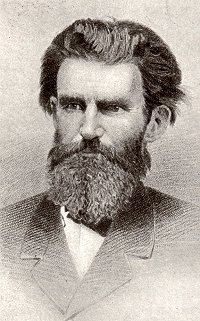
The Composer, William B. Bradbury
William B. Bradbury (1816–1868), already a recognized musician and composer, spent many of his professional years in New York working principally in two different Baptist churches. He discovered Walford's poem about 15 years after it was published by The New York Observer, and wrote the tune that is now associated with the text. Since the poem was published first in New York, it made sense that an American composer would find it and compose a tune even though Walford was in England. Had the poem been published in England, it may not have ever been discovered by Bradbury, even though he went to Europe for a time to study under what were considered the best German masters. Famous for composing and publishing numerous volumes of hymns during his lifetime, Bradbury was prolific.
He was also known as a generous man. One story recounts a student asking for a loan of five dollars to buy a pair of boots. Bradbury sent the student twenty-five dollars with a note explaining that he didn't have five dollars at the moment, so he hoped twenty-five dollars would do until he could send the requested five. Known as studious and prayerful, he never allowed business concerns to interfere with his time for devotion.
The last two years of his life, Bradbury suffered from tuberculosis. A week before his death, children from Montclair School visited him. He was well loved and admired because of his great contributions to children's music. Each child brought with them an oak leaf which was then woven into a wreath that was laid upon his coffin. Bradbury was born in York, Maine, and buried in Bloomfield, New Jersey.
© 2010 Daniel Carter


